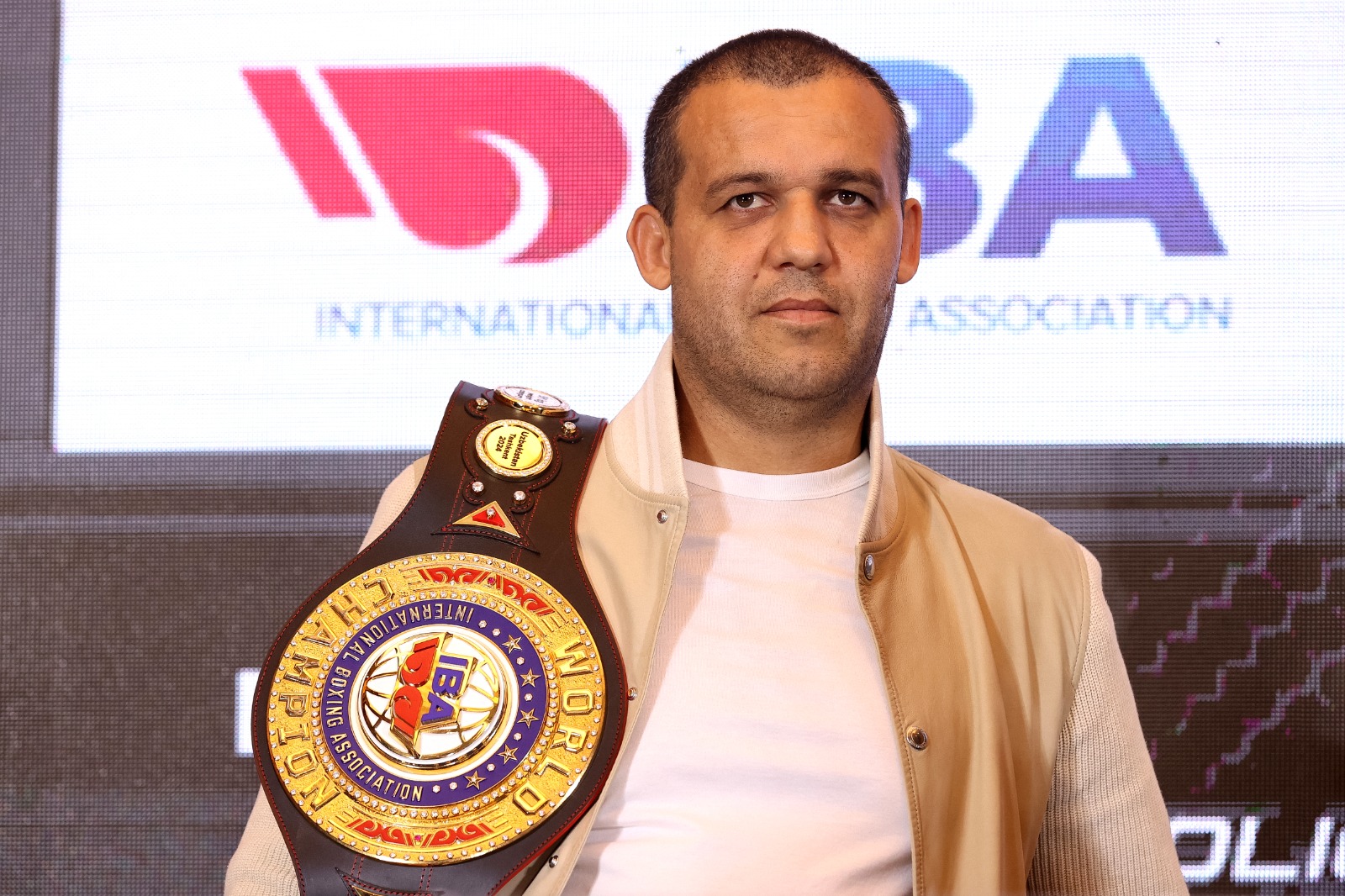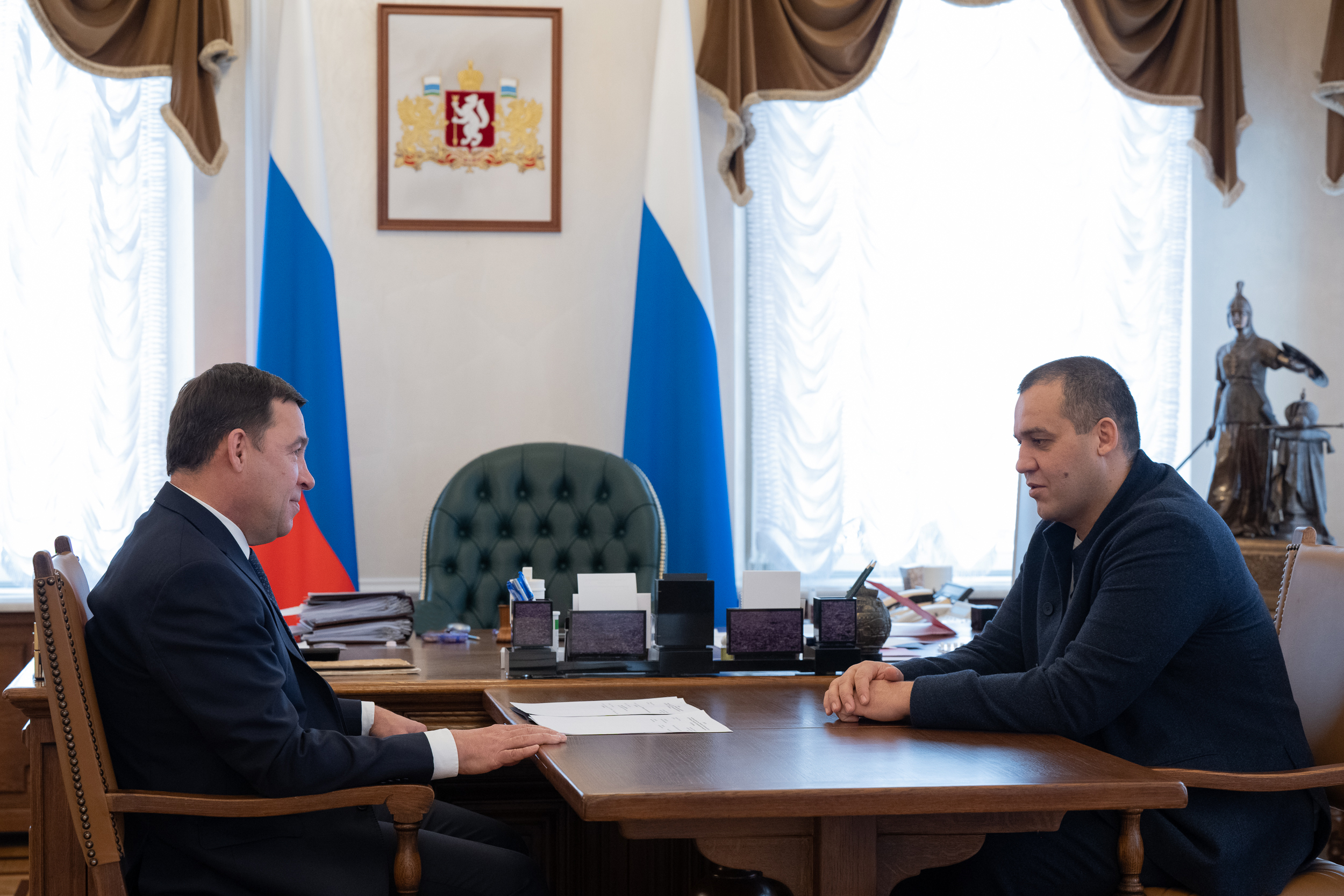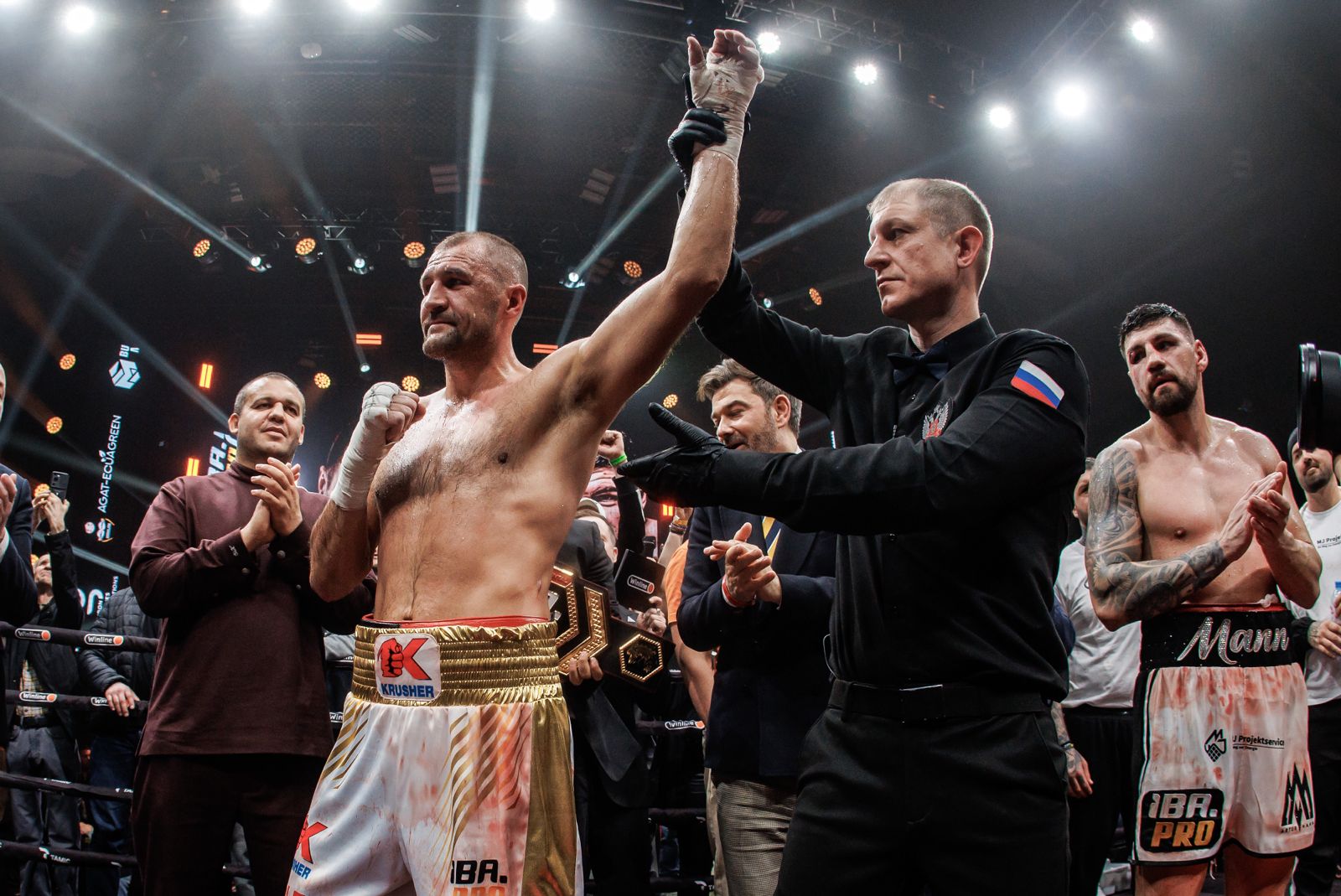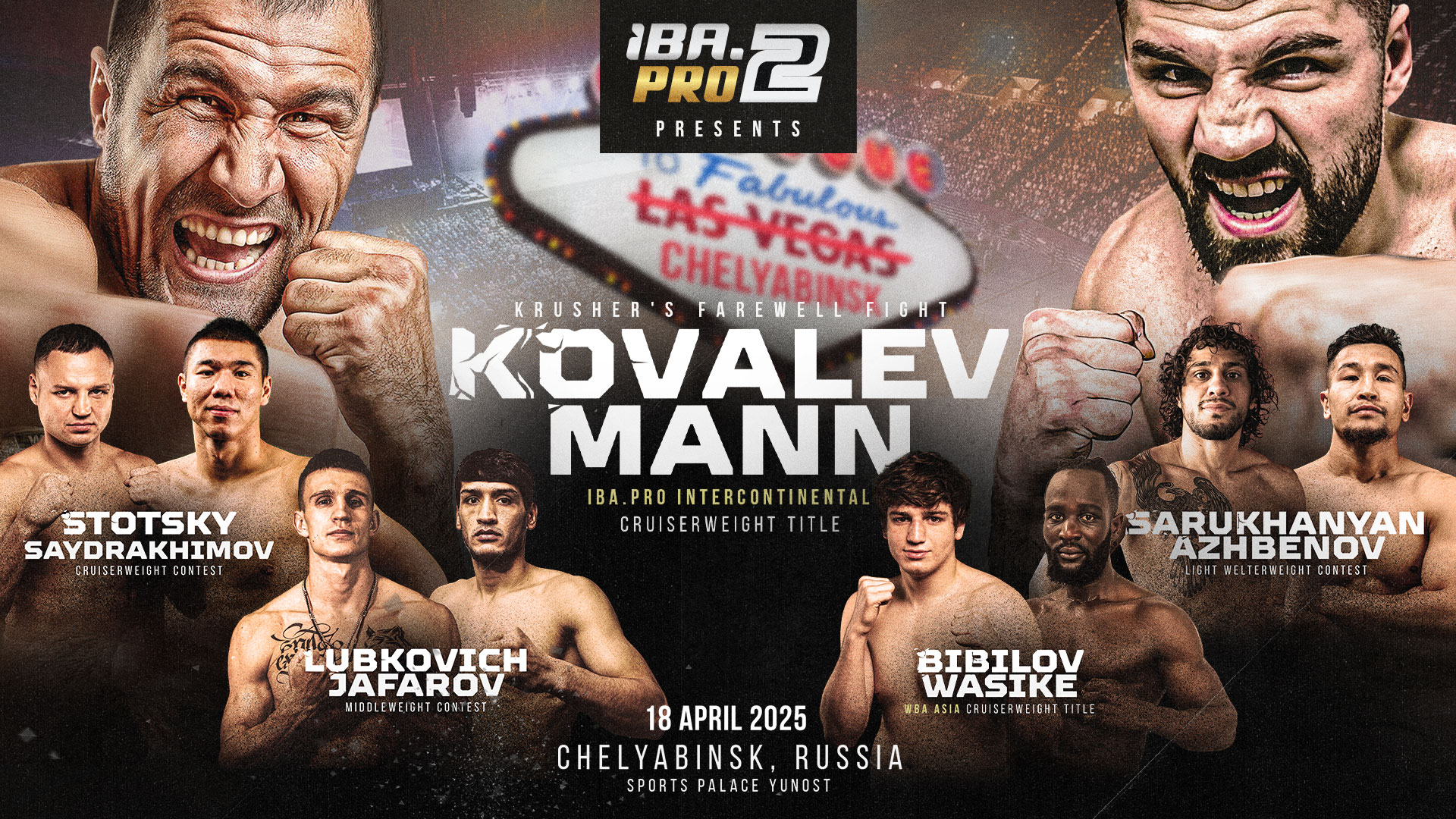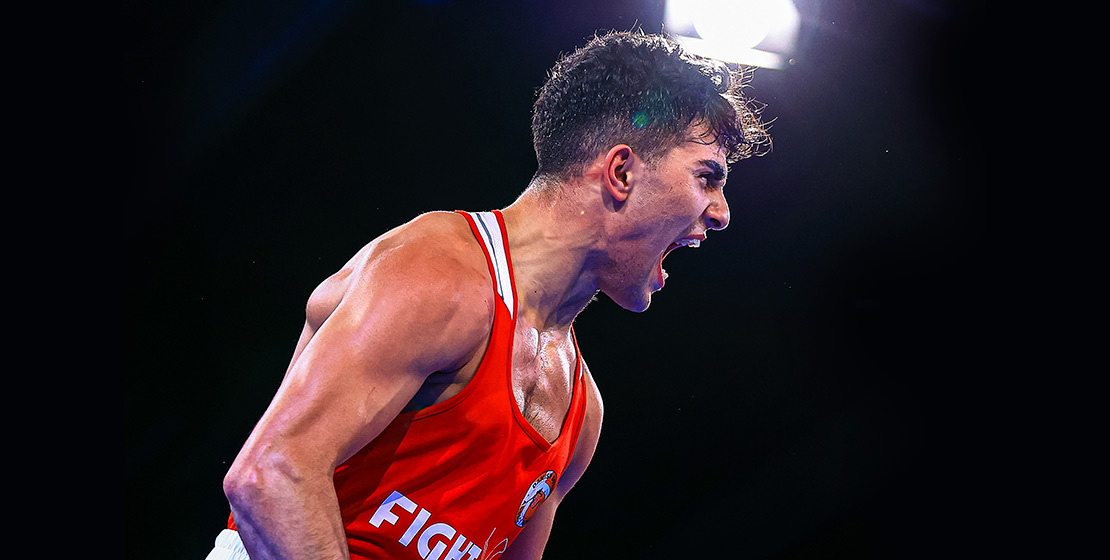Spotlight on England’s Natasha Jonas
July 14th, 2014 / All
England’s AIBA Women’s World Championships bronze medallist, and London 2012 Olympian Natasha Jonas is a gold medal contender in the upcoming Commonwealth Games, which is scheduled to take place Glasgow, Scotland.
Jonas has had a very successful preparation for the tournament, earning a silver medal at the EUBC European Women’s Continental Championships in Bucharest last month at the Light Welterweight class (64 kg).
Following her continental success, she has moved back to the Olympic Lightweight class (60 kg) and is looking for success in Scotland.
We caught up with the star to find out her expectations for Glasgow 2014, and her history in boxing.
How and when did you get involved in boxing? Is there any connection of your family within boxing?
I first started boxing at the age of 21 as a way of getting myself fit. A friend of my uncle had started some women’s only boxing at night, and suggested I go along. Since then I have never looked back. I never started boxing to compete, but in the early days I was encouraged by my trainer and how supportive my club were towards me competing. Neither of my parents have ever boxed, but older generations in my family have.
Who is your actual coach in your club and in the national team? How many boxers train in your club?
The national squad is made up of coaches from all over the country, some have competed at a high level and others haven’t. My main club coach is now Michael McAllister, but the club has many up and coming and experienced coaches. I couldn’t put an exact number on the amount of boxers in our club, but it’s good to see there is now a lot of women. For a long time I was the only woman in the club.
What is your opinion about England’s current boxing life?
Both men’s and women’s projects have certainly improved, and as a team we have built on the success of the London 2012 Olympic Games. There are currently strategies to get the sport back into schools and ways for pupils to gain educational qualifications. This can only be good for boxing. Also, recent televised events have capitalised on the Olympic success and have changed many perceptions of the general public and their attitude towards boxing. Now, women boxers are funded, full time athletes, and we have shown in our results at international competitions that we are continuing to build on that.
What do you love most about boxing? Could you please describe your style?
I consider myself to be a typical southpaw, good feet, a counter-puncher and strong. Before boxing I was a football player, it was good to be a part of a team but you can’t take ownership of other people’s performances. I love the gladiatorial feel of it’s me versus another elite athlete, with nobody else to blame but myself.
How often do you train in a week? Do you have any special methods, things or facilities in trainings?
We can train from Monday until Friday with the GB team, three times a day. Then, dependant on weight, once at the weekend. We do have access to a lot of facilities at our national training centre.
Which was your first international competition outside of England?
I boxed at the heavier weight of 66kg in Ireland in Dungarvin in an international dual encounter. I lost, but I probably learnt more from that than the 10 bouts I’d won before that, so it wasn’t a total loss.
How did you feel in the last AIBA Women’s World Championships where you bagged a valuable bronze medal and a quota for the London 2012 Olympic Games?
I was competing against three other boxers within my country to even get to go to the World Championships, so when it was decided in May 2012 that I was the one going, I was honoured. I felt like I had to qualify not just for me, my family, friends, country but also for the women who didn’t get to go. I was mentally on a high, and I think I showed that in my performances. The pressure was on, but I think I shone. Physically I was in peak condition.
What was your opinion about the London 2012 Olympic Games which was a historical competition women’s boxing?
Where do I begin? I was on a high from qualifying in the AIBA Women’s World Championships. Mentally and physically I was in the best shape of my life. The high of winning on the first day was euphoric. I was distraught the next day when I lost. Even though I didn’t get a medal, we came out to the loudest noise of the Games, which was an atmosphere I’ll never forget. Afterwards, I was embraced by boxing fans worldwide, and it was probably a defining moment in my boxing career. Sometimes in boxing you get out the ring and think you could have done more, but I was proud to say that I gave it everything, that it just wasn’t enough on that day. Who better to lose to than the awesome Katie Taylor, and I think it was arguably one of the best fights of the Games. Afterwards I got to commentate on some of the other bouts and it was good to see my team mates Nicola Adams, Luke Campbell and Anthony Joshua take golds. With Fred Evans and Anthony Ogogo also winning medals, I was a part of the most successful GB boxing team to date.
You claimed a silver medal at the EUBC European Women’s Continental Championships in Bucharest last month. Was it good preparation for you before the Commonwealth Games? What was your opinion about your performance in Bucharest?
If you ask a boxer I think they would prefer to be an European, World or Olympic medallist. In the eyes of the public, probably the Commonwealth Games and Olympic Games are the two biggest competitions, and these are the ones you can build a public profile on. That’s not to say the Commonwealth is any less important. We plan to medal at every tournament, but the performance in the Europeans had extra pressure as they would decide whether it would be myself or another team member selected to go. I thought I performed well in the Europeans and it was a well organised and run tournament. I knew I had the Commonwealth spot going into the final, and may have subconsciously taken my foot off the gas, but there will be no such mistake in the Commonwealths, it was a lesson learnt the hard way.
Could you please let me know your target in the upcoming Commonwealth Games?
I am capable of coming away with gold in the Commonwealth in my opinion but I have to stay focused and build on my success, which will put me in good stead for the AIBA Women’s World Championships at the end of the year.
Who will be your biggest rivals in Glasgow?
Boxing is a sport where things can change dramatically with one lapse in concentration, and there are no easy bouts. Either way, I will be 100% focused and will be thinking on my performances and not worrying about my opponents.
What are your future plans in boxing? Are you planning to take part in the 2014 AIBA Women’s World Boxing Championships in Korea?
The plan is to stay in boxing for as long as I am competitive at the international elite level. I am aiming for the World Championships in Jeju, Korea. Then whatever other tournaments come up, my main focus is making the Olympic Games squad for Rio 2016. I think I was slightly unlucky in 2012 and can medal. The dream is to finish on the high of Olympic glory, then after boxing, coaching. I think I will definitely stay involved in the sport whether at club or international level.


